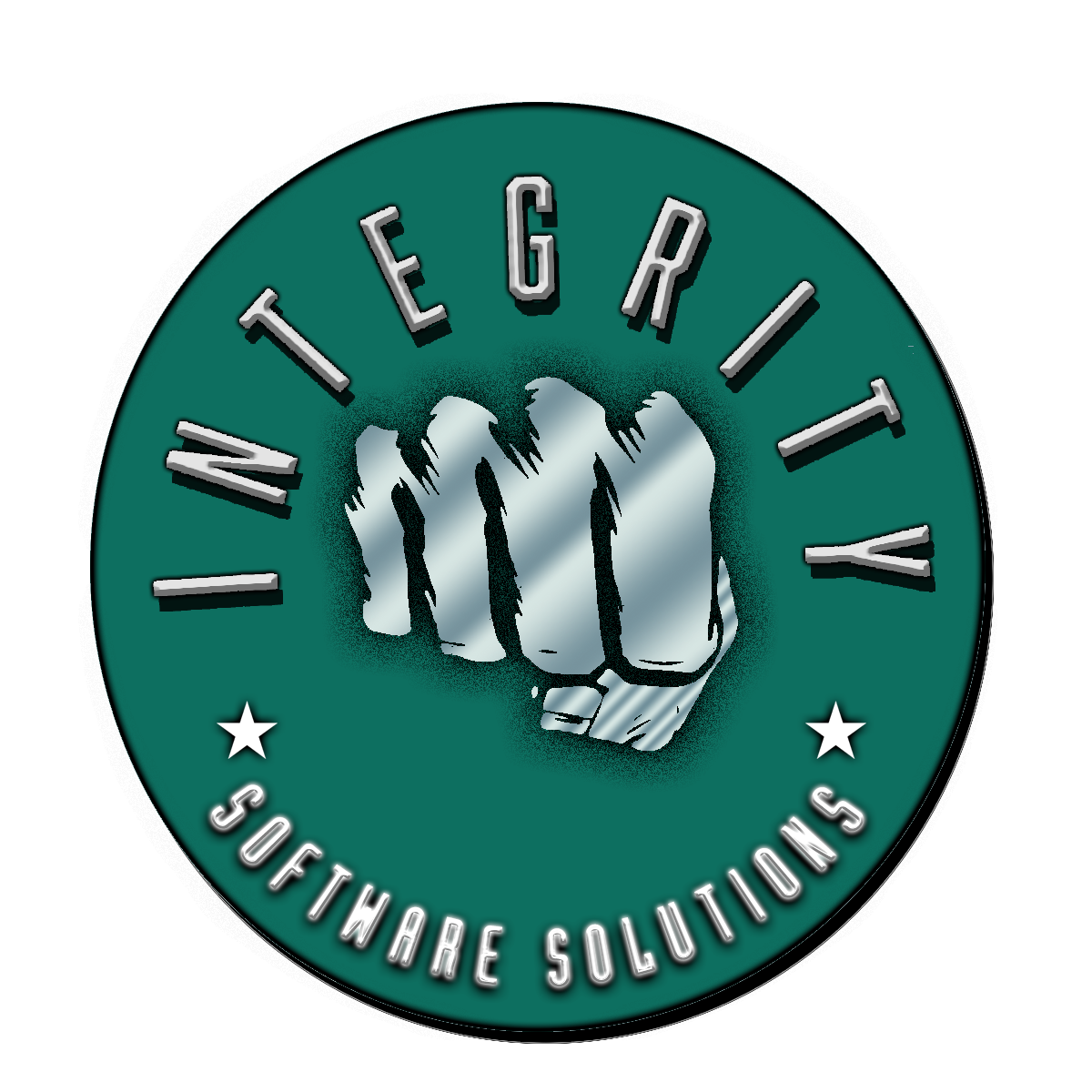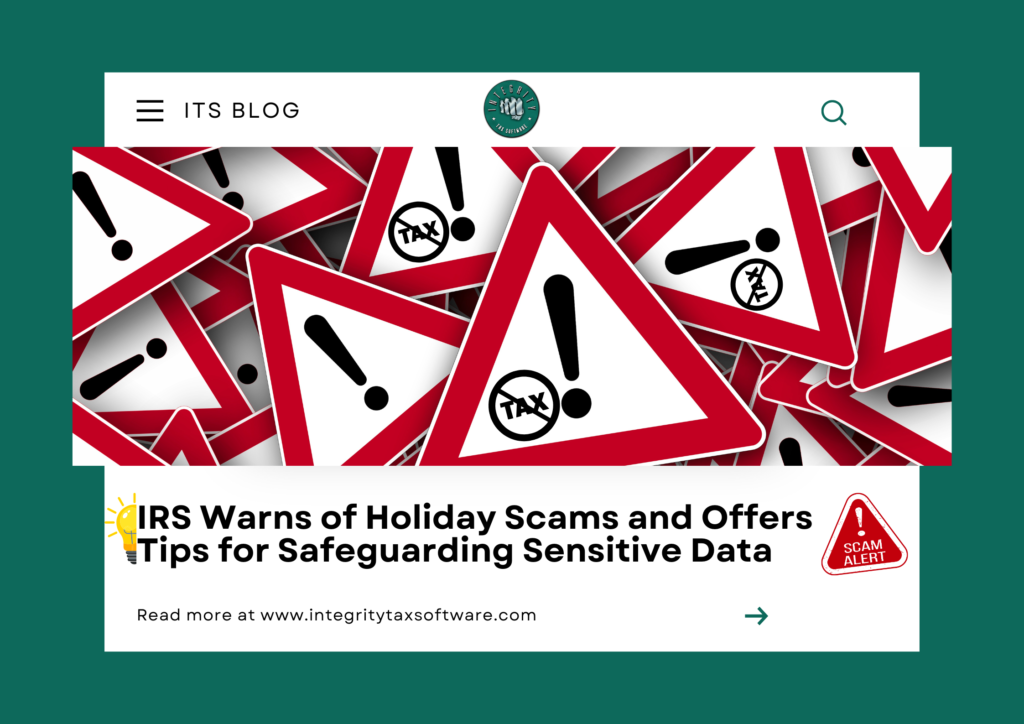As the holiday shopping season kicks into high gear, the Internal Revenue Service (IRS) is issuing an urgent reminder to taxpayers: Be extra cautious while shopping online and clicking on messages. Scammers are on the hunt for personal and financial information, and their tactics are becoming more sophisticated, especially as we approach the busy tax season.
This warning is part of the IRS’s ninth annual National Tax Security Awareness Week, a week dedicated to helping taxpayers and tax professionals avoid identity theft and fraud. As part of the Security Summit initiative, the IRS, along with state tax agencies and industry partners, works to protect personal information and the integrity of the tax system.
The Growing Threat of Scams
With the holiday season comes an uptick in phishing attacks—fraudulent emails or text messages designed to trick people into revealing personal details like Social Security numbers, bank account information, and passwords. A particularly common scam this year involves fake delivery notices. Victims receive messages that seem to be from a delivery service, telling them their package couldn’t be delivered, and they need to click on a link to reschedule. But the link is a phishing attempt, meant to steal sensitive information or install malicious software on your device.
The IRS is also warning taxpayers about emails that look like they’re from the IRS or other tax-related entities, often promising unexpected refunds or urgent tax updates. These deceptive messages might appear legitimate, but they are designed to gather personal details for malicious purposes.
Tips for Protecting Yourself
To help keep your sensitive data safe, here are some crucial tips to follow during the holidays and throughout the year:
- Shop Securely Online: Always make sure you are shopping on websites that have “https” in their URL and a padlock icon in the address bar, indicating the site is secure.
- Avoid Public Wi-Fi: Never conduct financial transactions on unsecured Wi-Fi networks like those in coffee shops or airports.
- Update Security Software: Ensure that your computer, tablet, and smartphone have the latest security updates and antivirus software installed.
- Help Protect Others: Be mindful of family members, especially children or older adults, who may not be as tech-savvy. Teach them about the risks of phishing and malware.
- Use Strong Passwords and Multi-Factor Authentication: Always create strong, unique passwords for online accounts, and enable multi-factor authentication (MFA) whenever possible.
Recognizing Different Types of Scams
It’s essential to recognize the different types of scams targeting individuals and tax professionals:
- Phishing/Smishing: These scams involve fraudulent emails or text messages attempting to steal personal information. They often appear official, tricking recipients into clicking on malicious links.
- Spear Phishing: Unlike mass phishing campaigns, spear phishing targets specific individuals with personalized emails designed to appear more trustworthy.
- Clone Phishing: This type of scam duplicates a legitimate email, often with a malware-laden attachment or harmful link.
- Whaling: A targeted scam aimed at high-ranking individuals within organizations, such as executives or HR personnel, in an attempt to steal sensitive business or financial information.
What to Do If You’re a Victim
If you believe your personal information has been compromised, it’s crucial to act quickly. The IRS recommends filing a Form 14039 (Identity Theft Affidavit) if you suspect your information is being used to file fraudulent tax returns.
The IRS and its Security Summit partners continue to raise awareness of these risks during National Tax Security Awareness Week, offering resources to help taxpayers stay vigilant and protect their information.
For more information on avoiding tax-related identity theft, visit the IRS’s Security Summit page or learn more about scams on IRS.gov.
As we enter the season of giving, the best gift you can give yourself is safeguarding your personal information. Stay cautious, stay secure, and don’t let scammers ruin your holiday season.

